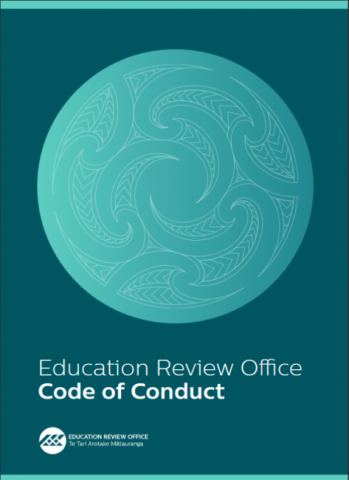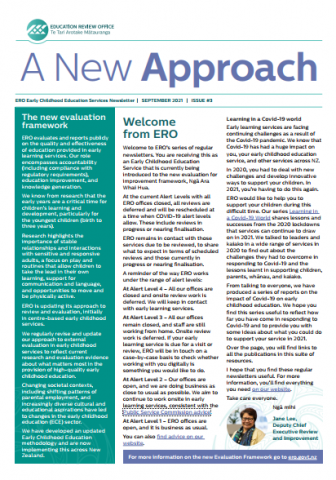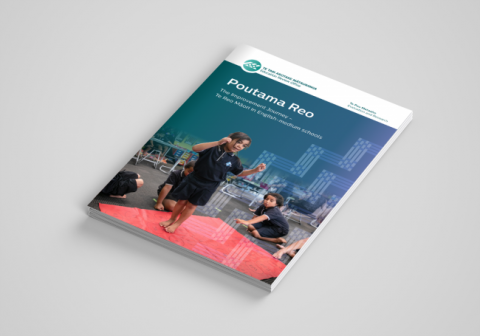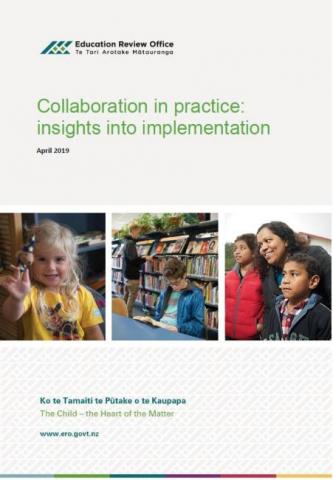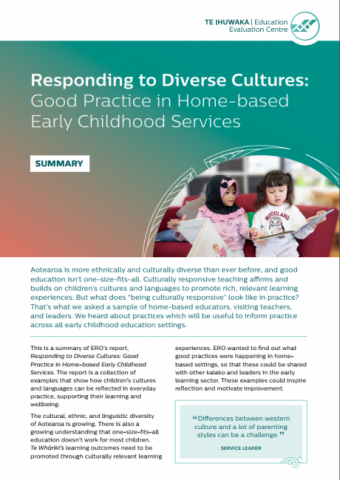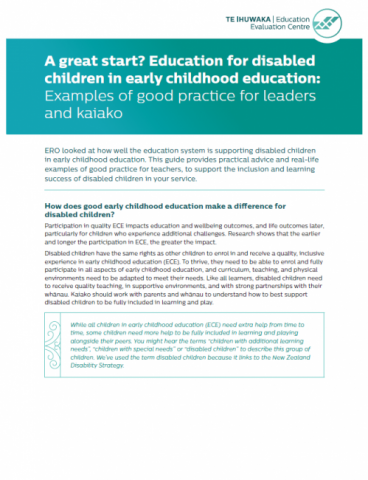Code of Conduct
Published: 06 Apr 2021
This code of conduct is for all Education Review Office staff and reinforces the spirit of service that we demonstrate in the way we carry out our work. It outlines expectations of us as public servants to act with professionalism and integrity and to carry out our official duties honestly, faithfully and efficiently, respecting the rights of the public and our colleagues.
- Audience:
- Academics
- Early learning
- Māori-medium
- Parents
- Schools
- Content type:
- Basic page
